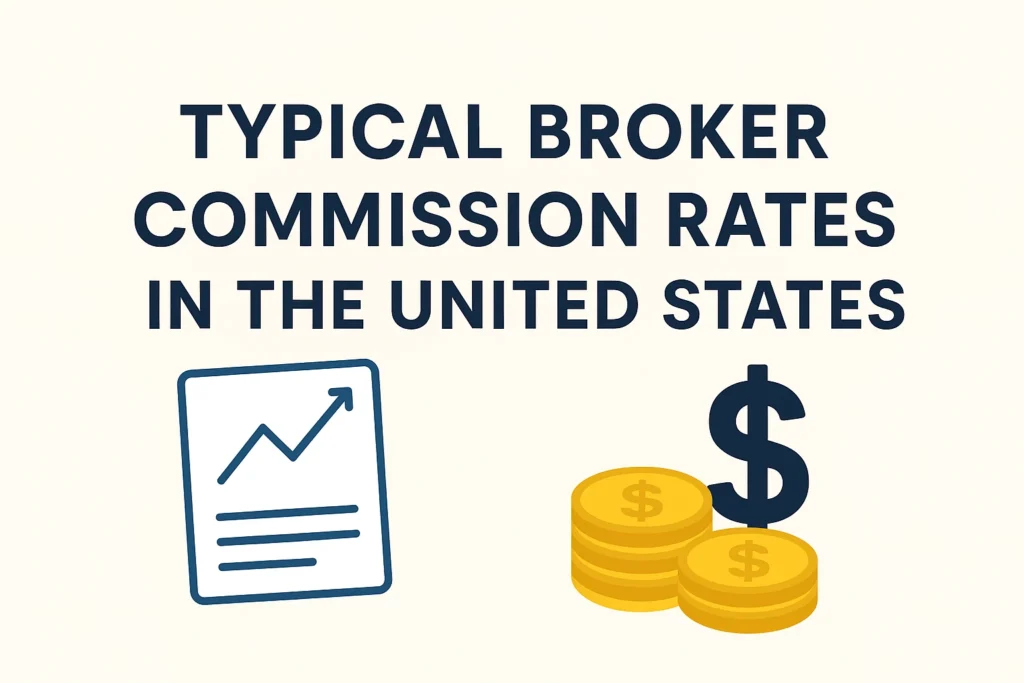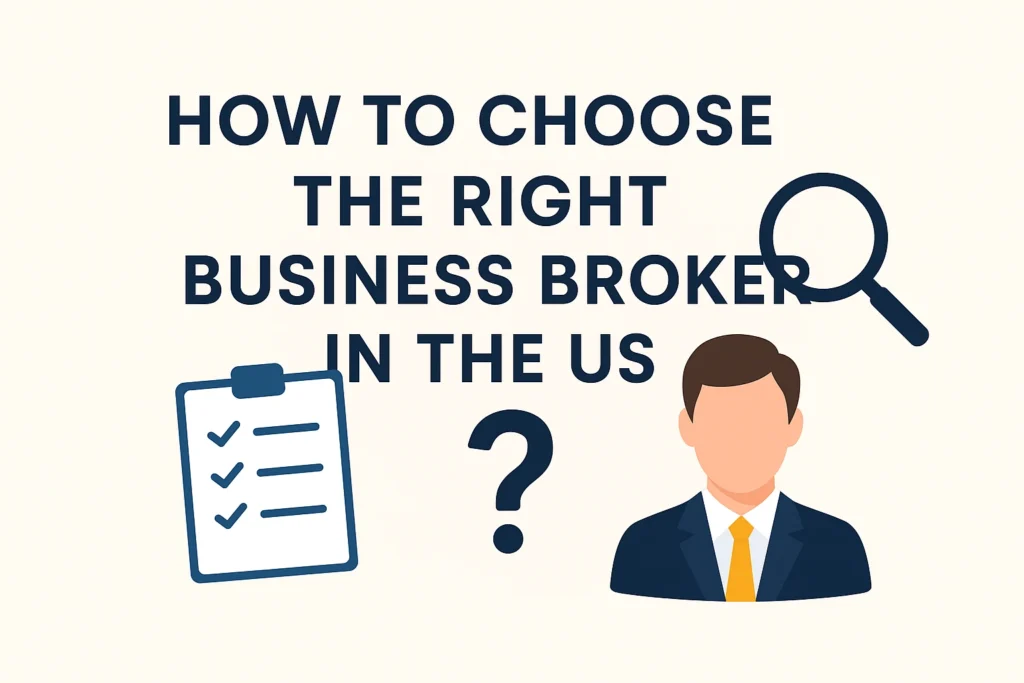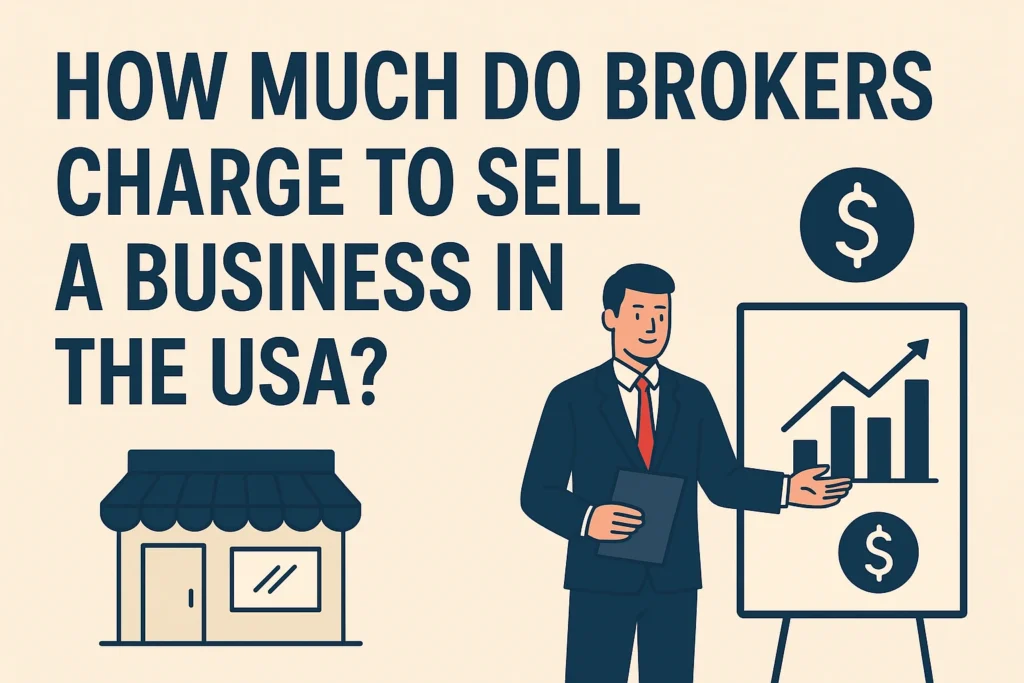Understanding Business Broker Fees in the US
When you decide to sell your business, one of the most important questions is how much do brokers charge to sell a business. In the United States, business broker fees vary based on the size of your company, the complexity of the sale, and the broker’s expertise. Most brokers work on a commission basis, meaning they earn a percentage of the final sale price. While this may seem straightforward, the actual cost structure can include additional expenses such as marketing, legal assistance, and valuation services. Understanding these charges can help you plan ahead and avoid unpleasant surprises during the selling process.
Typical Broker Commission Rates in the United States
Most business brokers in the US charge between 8% and 12% of the final sale price. For small businesses selling under $1 million, commissions tend to be on the higher side—around 10% to 12%. Larger businesses often see lower rates, closer to 5% to 8%, due to the higher transaction value. This percentage is negotiated before the broker starts the process, and it’s important to get it in writing. Remember, broker commissions are typically paid only after the deal is successfully closed, making it a performance-based fee.

Example of How Commissions Work
Let’s assume your business sells for $500,000 and your broker charges a 10% commission. In this case, the broker’s fee would be $50,000. If your sale price is $2 million and the broker charges 7%, you would owe $140,000. These costs are significant, so it’s essential to weigh them against the value the broker brings—such as finding the right buyer, negotiating terms, and ensuring a smooth closing.
Factors That Influence Broker Fees in the US
Several factors affect how much brokers charge to sell a business in America. While commission rates are the most visible part of the fee structure, the following elements also play a role.
Size and Value of the Business
The larger your business, the lower the commission percentage you may be able to negotiate. This is because a high-value sale generates a substantial broker fee even at a reduced rate. For example, a $5 million sale at 5% still provides the broker with $250,000, which is a strong incentive.
Complexity of the Sale
If your business operates in a highly regulated industry, has multiple locations, or requires special licenses, the broker may charge a higher rate. This is due to the extra time, expertise, and legal work needed to complete the transaction.
Level of Broker Experience
Highly experienced brokers often charge higher fees because they have proven track records and access to better buyer networks. In the US market, working with a skilled broker can be worth the additional cost, as it may lead to a higher sale price and faster closing.
Breakdown of Typical US Business Broker Costs
Here’s an overview of the standard fee structure for business brokers in the United States:
| Type of Fee | Description | Typical Cost (USD) |
|---|---|---|
| Commission | Percentage of final sale price, paid upon closing | 5% – 12% |
| Listing Fee | Upfront cost to list your business on multiple platforms | $1,000 – $5,000 |
| Valuation Fee | Cost for professional valuation report | $500 – $5,000 |
| Marketing Fee | Covers advertising, brochures, and digital marketing | $1,000 – $10,000 |
| Legal and Closing Costs | Fees for contract review and closing documents | $2,000 – $15,000 |
| Consulting or Retainer Fee | Some brokers charge a monthly retainer before the sale is completed | $500 – $2,000/month |
Negotiating Broker Fees in the US
The good news for sellers is that broker fees are not set in stone. Many brokers are open to negotiation, especially for high-value businesses. When discussing fees, ask for a clear breakdown of what is included. Some brokers may reduce their commission if you agree to cover certain marketing expenses yourself. You can also request a sliding scale commission—where the percentage decreases as the sale price increases—to save money on larger deals.
Tips for Getting the Best Deal
- Get multiple quotes before choosing a broker.
- Compare services included in the commission rate.
- Negotiate extras such as free valuation or waived marketing fees.
- Read the contract carefully to avoid hidden charges.
Additional Costs Beyond Commission
It’s important to understand that broker commissions are just one part of the selling cost. Many US brokers also charge for additional services, which can add thousands to your expenses. Marketing campaigns, professional photography, and legal reviews are common extras. In some cases, you may also need to pay transfer fees for licenses or permits. While these costs might seem high, they can make your business more attractive to buyers and speed up the sale.
Why These Extras Are Worth It
Professional marketing materials, for instance, can showcase your business in the best light and attract serious buyers willing to pay top dollar. Similarly, a professional valuation ensures you don’t underprice your business—helping you earn more even after broker fees.
Benefits of Using a Broker in the United States
Hiring a broker may be costly, but their expertise can be invaluable. They handle complex paperwork, maintain confidentiality during the sale, and use their network to connect you with qualified buyers. A good broker will also screen potential buyers, saving you time and preventing deals from falling through at the last minute.
How a Broker Can Increase Your Sale Price
Brokers are skilled negotiators. In many cases, they can secure a higher sale price than you could on your own, which can offset their commission entirely. For example, if a broker helps you get $100,000 more than you expected, their 10% fee is more than justified.
How to Choose the Right Business Broker in the US
Not all brokers are created equal, and the wrong choice can cost you both time and money. Look for brokers with strong industry experience, positive reviews, and a successful sales history in your sector. Ask for references from past clients and check whether they belong to professional organizations such as the International Business Brokers Association (IBBA).

Frequently Asked Questions
What is the average commission for a business broker in the US?
Most small business brokers charge around 10% of the selling price.
Do I have to pay a broker if my business doesn’t sell?
Typically, no. Most brokers work on a success fee basis, but check the contract for any upfront charges.
Are broker fees tax deductible in the US?
Yes, in most cases, broker fees can be deducted as selling expenses. Consult your accountant.
Can I sell my business without a broker?
Yes, but brokers offer expertise and connections that can make selling faster and more profitable.
Conclusion
Selling a business in the United States involves careful planning, especially when it comes to how much do brokers charge to sell a business. While broker commissions typically range from 5% to 12%, the final cost will depend on your business size, industry, and complexity. Understanding the full range of fees, negotiating effectively, and choosing the right broker can save you thousands of dollars—and help you sell your business faster and for a better price.
Many business owners today use modern technology and online platforms to connect with brokers, making the selling process faster and more transparent.


